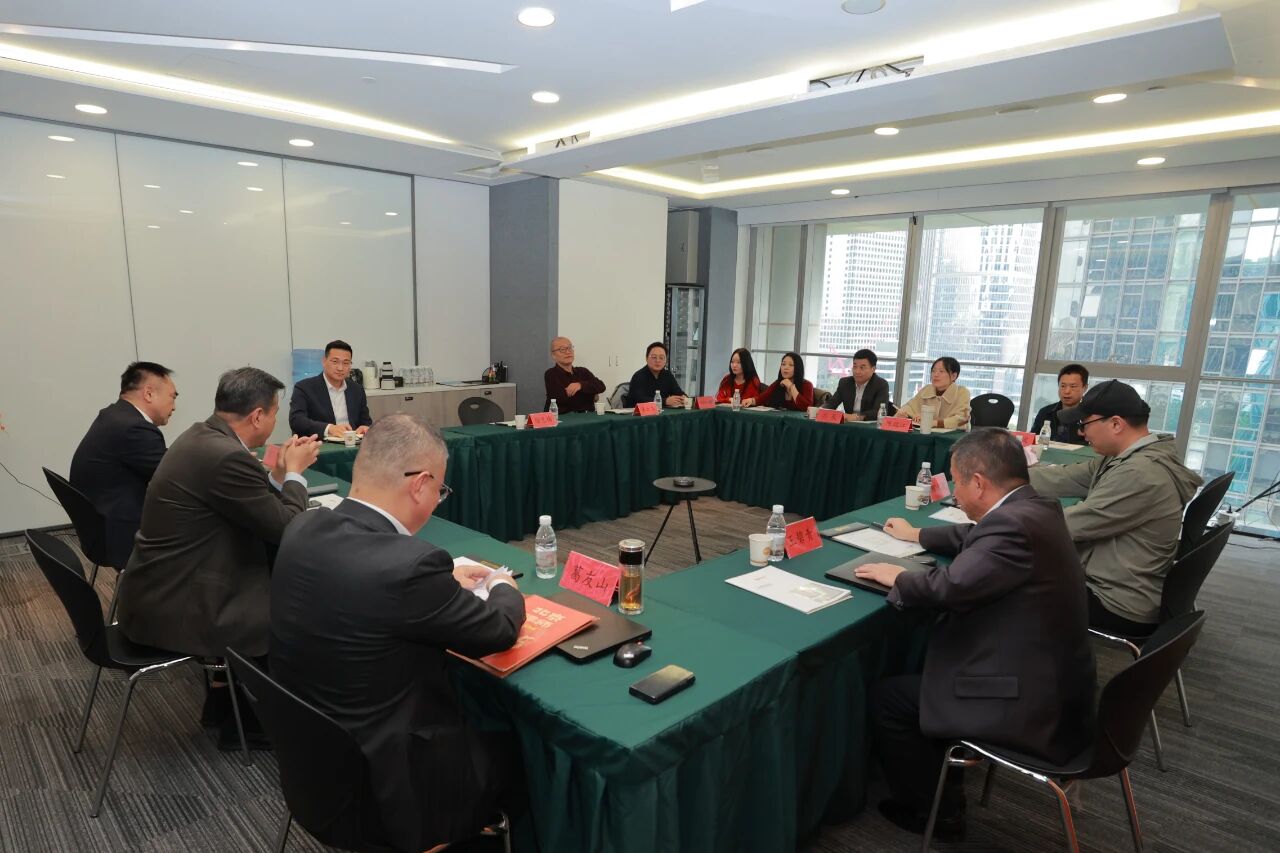
This year marks the 10th anniversary of the implementation of the new Environmental Protection Law (2015), the 20th anniversary of the proposal of the concept that “lucid waters and lush mountains are invaluable assets,” and the 5th anniversary of the introduction of the “dual carbon” goals. At this significant juncture, to delve into the developmental trajectory and future direction of China's environmental law, Jiawei Law Firm successfully hosted the event “Evolution and Outlook of China's Environmental Law: From the 2014 New Environmental Protection Law to the 2025 Ecological Environment Code” on October 17, 2025. Attorney Wang Wenyong, Vice Chair of the Energy, Natural Resources, and Environmental Protection Law Committee of the Beijing Lawyers Association and Senior Partner at Jiawei Law Firm, served as the keynote speaker.
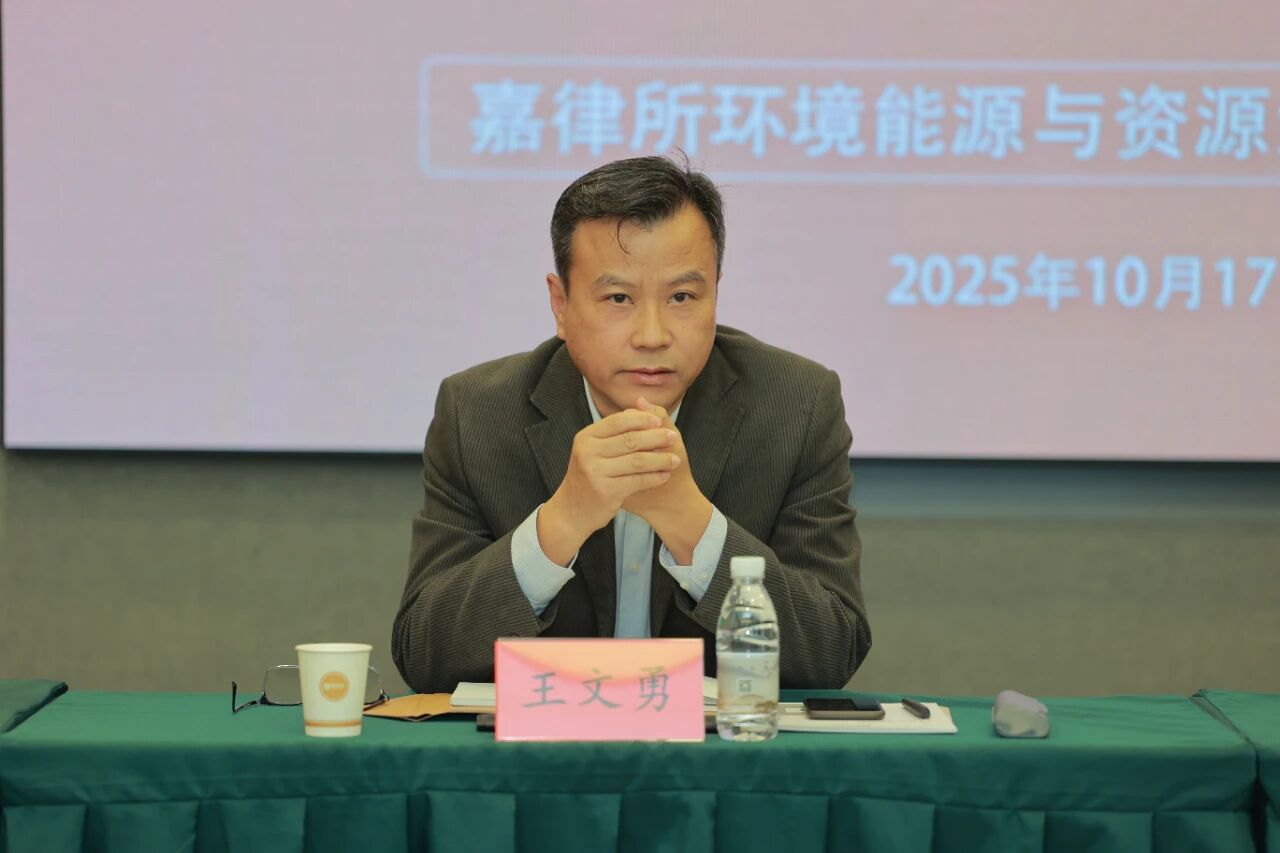
At the outset of the event, Attorney Wang Wenyong provided a macro-level review of the major transformations in China's environmental law since the implementation of the new Environmental Protection Law in 2015. He emphasized that the 2015 Environmental Protection Law represents a significant milestone in China's environmental rule of law. Building upon past experiences, this law underwent comprehensive revision and refinement, establishing more detailed and stringent provisions for environmental protection systems. Over the decade since its implementation, no other law has exerted such an unparalleled influence on both the natural and social environments.
Reflecting on the past decade's development, Attorney Wang categorized the evolution of environmental law into distinct phases. He emphasized that despite challenges, China's achievements in areas like environmental public interest litigation remain fully commendable. Simultaneously, these environmental laws are closely intertwined with lawyers and legal practice, creating new growth opportunities for attorneys.
On one hand, environmental violations may trigger administrative litigation, where lawyers can provide specialized legal services to clients, safeguarding their legitimate rights and interests. On the other hand, the rise of public interest litigation has opened up vast development opportunities for lawyers. They can represent defendants in public interest lawsuits initiated by social organizations or procuratorates, holding environmental violators accountable through legal means and contributing to ecological and environmental protection. Furthermore, Attorney Wang highlighted environmental compliance services. He noted that while lawyers need not be involved throughout the entire compliance process, their professional support is indispensable during litigation.
With the imminent enactment of the Ecological Environment Code, China's environmental law will usher in new development opportunities. Attorney Wang noted that the Ecological Environment Code represents a systematic integration and optimization of existing environmental laws and regulations, providing a more comprehensive and unified legal basis for ecological and environmental protection. He encouraged fellow attorneys to actively participate in the drafting and discussion of the Ecological Environment Code, contributing their wisdom and strength to refine this legislation and advance the construction of a Beautiful China.
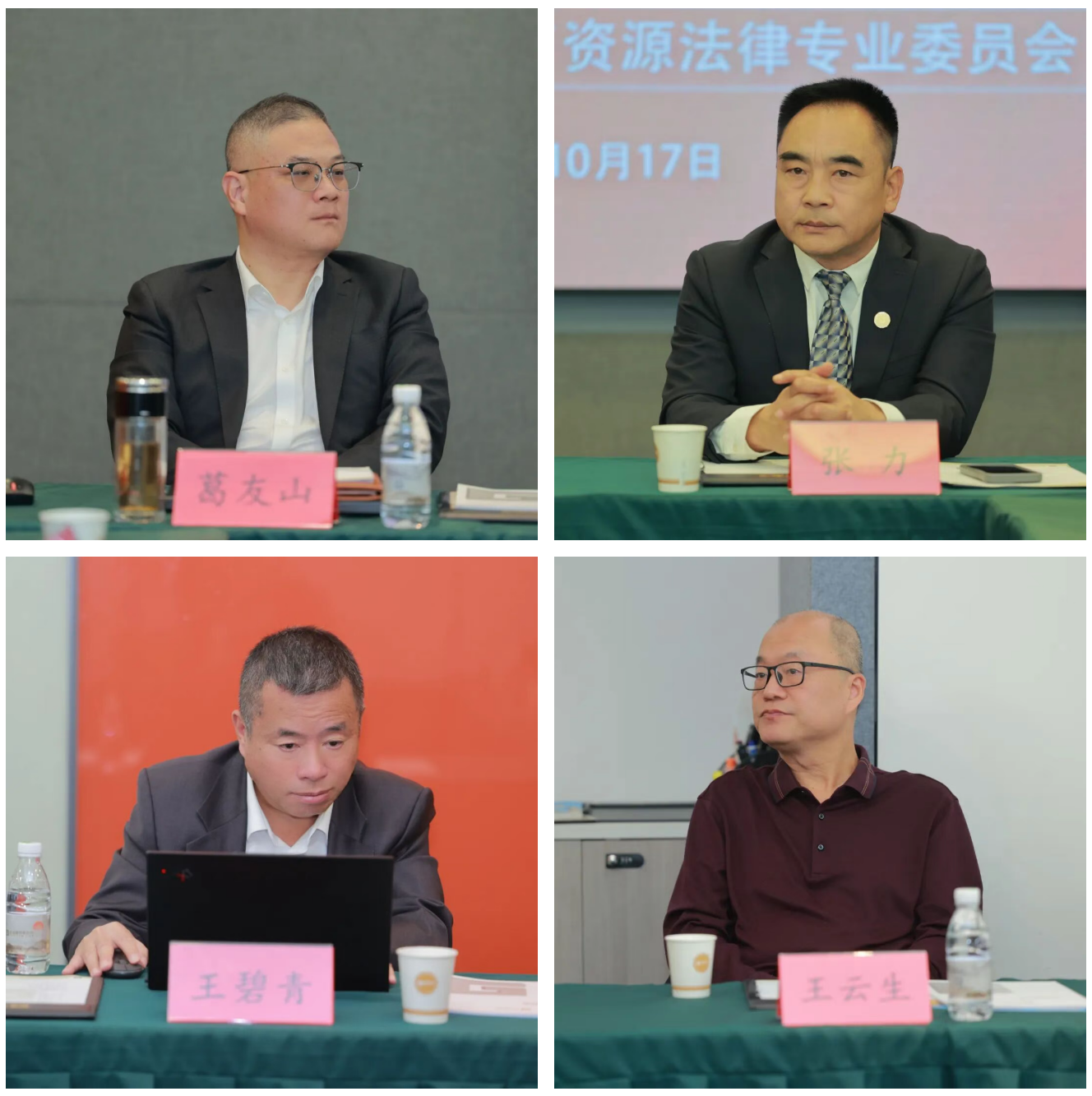
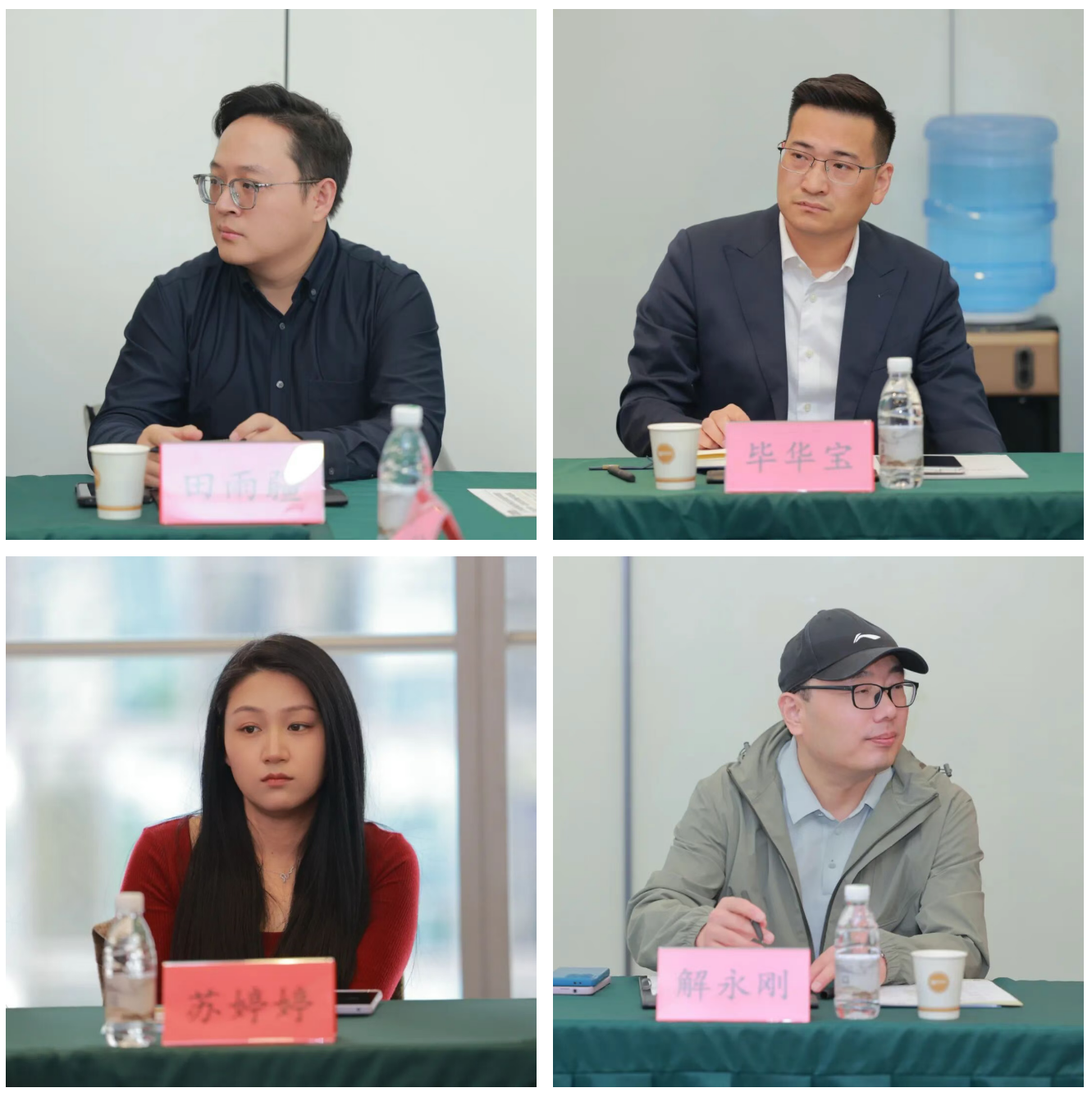
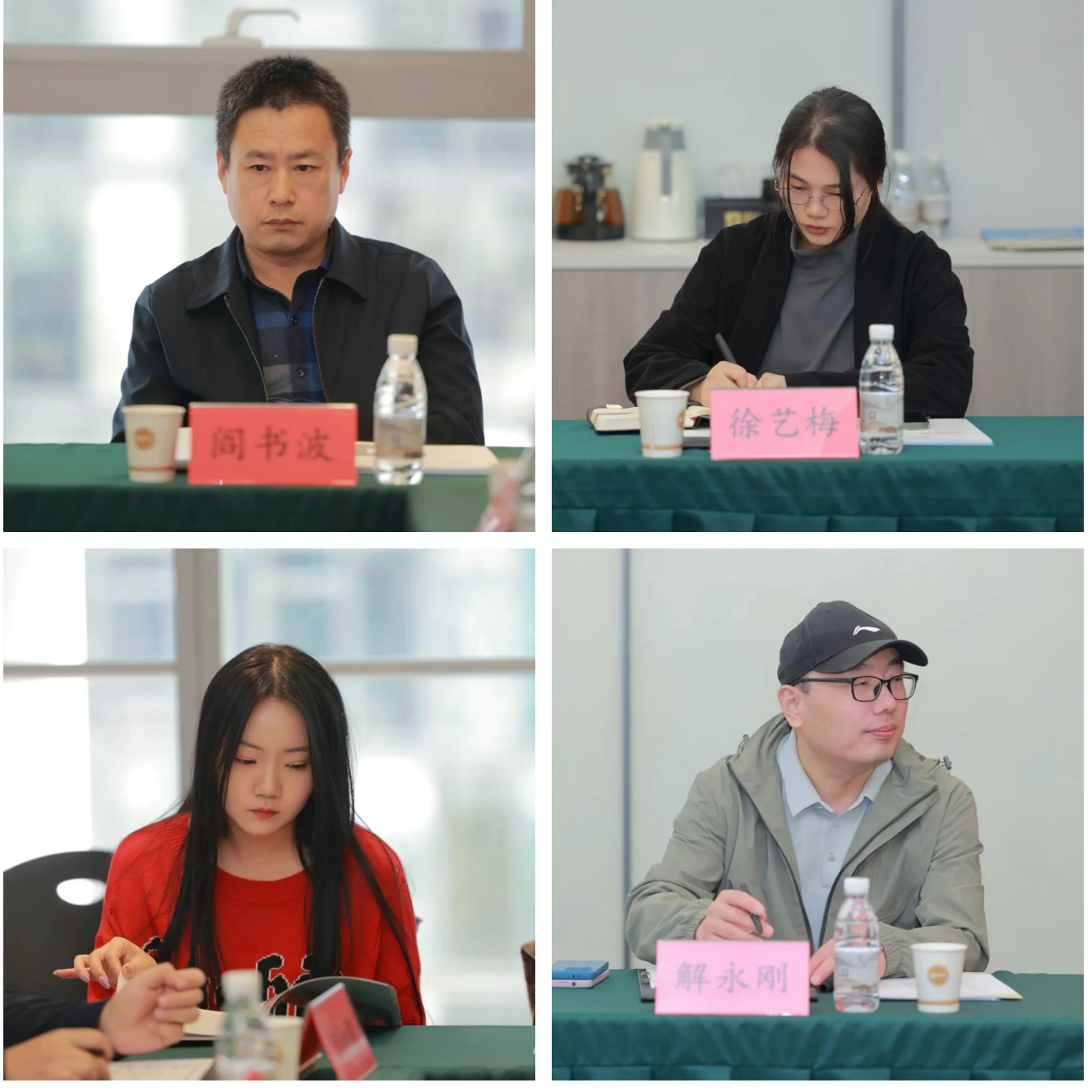
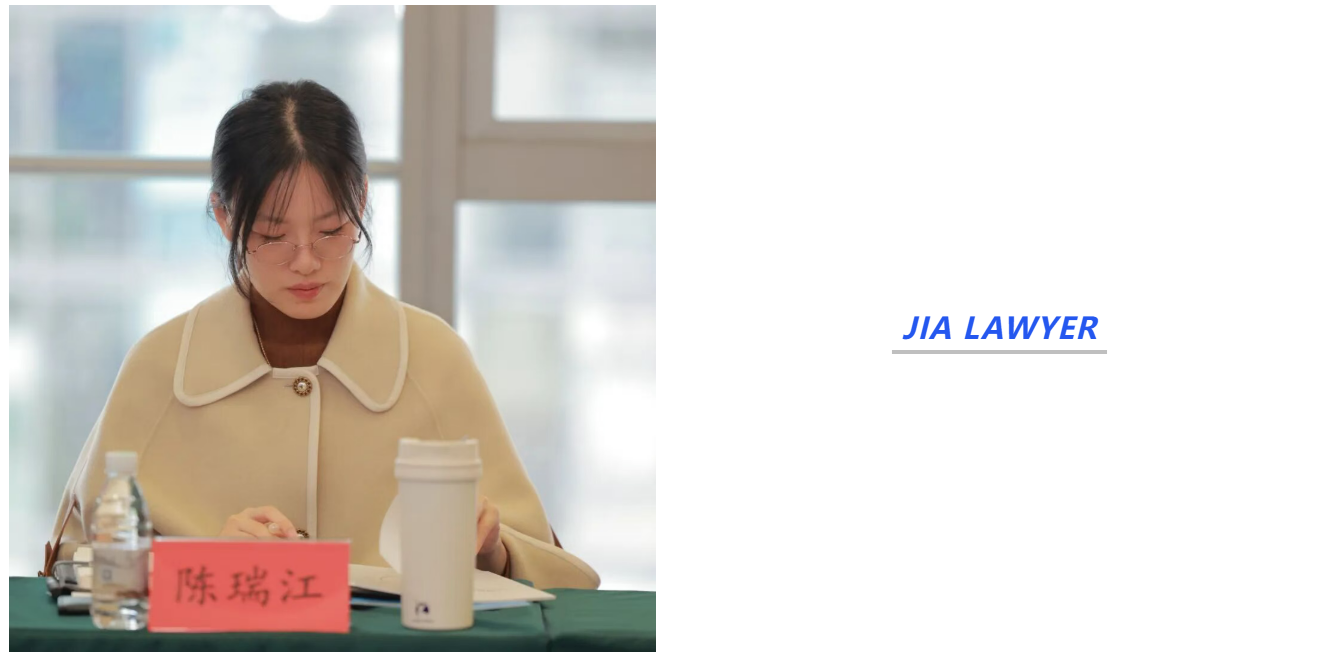
During the interactive exchange session, attorneys engaged in thorough discussions on topics including environmental civil litigation, public interest law practice, and administrative penalties. Participants shared challenges and insights encountered in their practice, collectively exploring how to enhance environmental legal services within the evolving legal landscape.
Jiawei Law Firm remains committed to strengthening its platform for interaction between attorneys and distinguished law firms and industry leaders. This initiative promotes individual professional growth, deepens legal expertise and skills, and empowers attorneys in their practice development.


© Beijing JAVY Law Firm Beijing ICP Registration No. 18018264-1